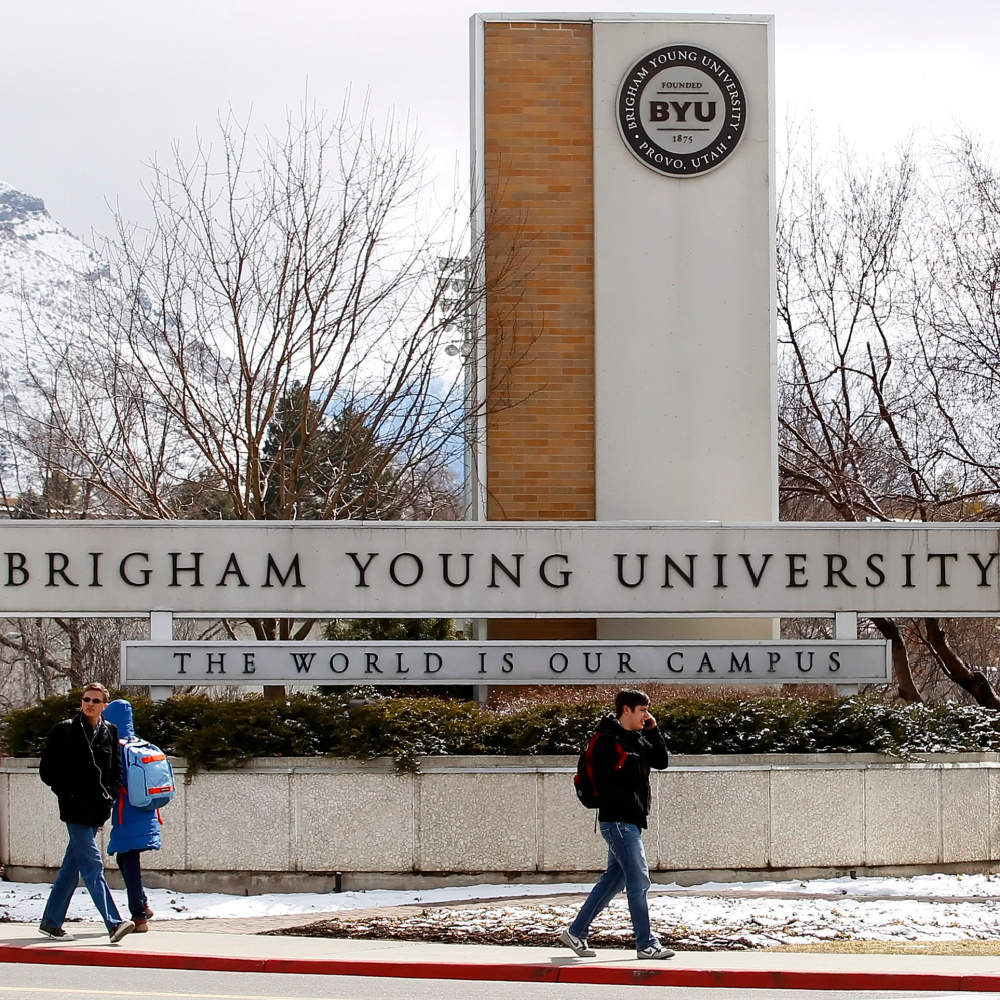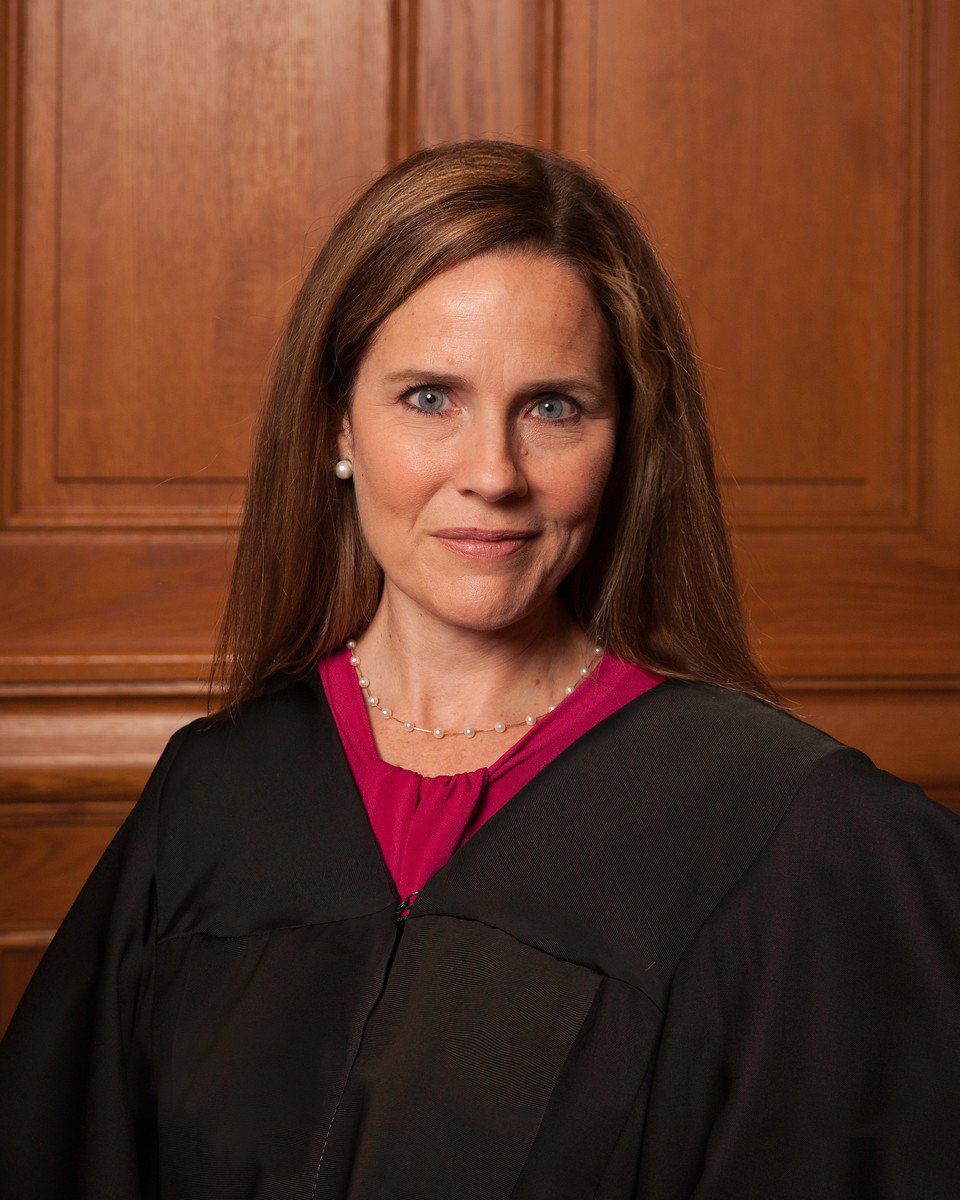There is a lot of sadness going around—and more acknowledgment of the mounting fatigue people are feeling too. Writing about people who are “tired of having politics thrust in their face every hour,” David Brooks recently noted, “Years and years of exhaustion have also made these people weary, cynical and disgusted.” And Michelle Goldberg described the palpable sense of desperation and despair that many have come to feel about America’s future and the state of democracy—including “feelings of rage, anxiety and bottomless loss.”
Some point towards certain electoral outcomes as what will eventually assuage their angst. But must our own personal peace and joy depend so centrally on specific outcomes politically (or economically, socially, etc.)? Is there anything more fundamental that could relieve some of the heaviness right now?
Christians the world over shout, oh yes!
Christmas’s promise of the future. I’ve loved Handel’s Messiah ever since having a chance to sing it as a high school student in the Salt Lake Tabernacle. An extraordinary choir teacher, Jean McGuire, made us not only feel like an angelic chorus—but half-sound like one too.
In listening more carefully to the song one day, it struck me that the lyrics didn’t quite apply to either Jesus’ birth or to our current day. Especially this part:
The kingdom of this world is become the kingdom of our Lord, and of His Christ
And He shall reign for ever and ever, King of kings, and Lord of lords,
Hallelujah! Hallelujah!
In our angry, aggrieved, afflicted world, it seems pretty clear that “the kingdoms of this world” aren’t quite deferring to Christ as their presiding King of Kings.
Not yet. Handel was pointing toward a future day when Christians envision precisely this happening—a millennial day that believers have anticipated for a long time, including those who wrote sacred Christmas songs beloved by many. Perhaps, then, it shouldn’t be surprising that in so many well-loved carols, the lyrics invite celebration not only of his birth, but also of his triumphal reign over the earth to come.
For instance, Edmund H. Sears foresaw a future transition of power in It Came Upon the Midnight Clear:
For lo! the days are hastening on, by prophets seen of old,
When with the ever-circling years shall come the time foretold,
When the new heav’n and earth shall own the Prince of Peace their King,
And the whole world send back the song which now the angels sing.
This same history-altering moment is described by James Montgomery in Angels from the Realms of Glory (linking throughout to favorite versions of these songs) – “Saints before the altar bending, watching long in hope and fear. Suddenly the Lord, descending, in His temple shall appear.”
It shouldn’t be surprising that in so many of our well-loved Christmas carols, the lyrics invite celebration not only of his birth, but also of his triumphal reign over the earth to come.
This same prophesied day shows up many places in the Bible, for instance: “My dwelling place also will be with them; and I will be their God, and they will be My people.” (Ezekiel 37:27)
It’s not just in anticipation of His future physical presence that believers are excited, though. It’s because of what that presence will mean for the millions convulsed with chronic pain and aching torment throughout the world.
“And I heard a great voice out of heaven saying, Behold, the tabernacle of God is with men, and he will dwell with them, and they shall be his people, and God himself shall be with them, and be their God. And God shall wipe away all tears from their eyes; and there shall be no more death, neither sorrow, nor crying, neither shall there be any more pain: for the former things are passed away.” (Revelation 21:3-4)
French lyricist Placide Cappeau imagines in O Holy Night the day when “Chains He shall break, for the slave is our brother. And in his name all oppression shall cease.”
In reference to this same anticipated day of deliverance, Isaac Watt in “Joy to the World” writes:
No more will sin and sorrow grow,
Nor thorns infest the ground;
He’ll come and make the blessings flow
Far as the curse was found.
The rest of the hymn can be sung as a celebration of the joy not only of an ancient birthday, but of a future day of healing and redemption, when the earth has “receive[d] her king”:
He rules the world with truth and grace
…Rejoice! Rejoice when Jesus reigns,
And Saints their songs employ,
While fields and floods, rocks, hills, and plains
Repeat the sounding joy.
Joy to the world!
“Hail the heav’n-born Prince of Peace!…Light and life to all he brings, Ris’n with healing in his wings….Joyful, all ye nations, rise; Join the triumph of the skies.”
In sharp contrast with many despairing end-time fears raised by earnest climate activists, many people of faith see bright things on the distant horizon —beyond whatever difficulties we must pass through to get there.
A great realignment. As reflected above, the healing of this future day center on a dramatic shift in power, when Jesus Christ leads the human family as its rightful leader. James Montgomery continues:
Though an Infant now we view Him, He shall fill His Father’s throne,
Gather all the nations to Him; Every knee shall then bow down:
Gloria in excelsis deo [Glory to God in the Highest]
The President of the Church of Jesus Christ, Russell M. Nelson, ended his Christmas message last year introducing not Silent Night or another classic carol, but Handel’s Hallelujah chorus as the final song, with this in preface: “In a coming day, in that millennium for which we are now preparing, every knee shall bow and every tongue confess that Jesus is the Christ. And it won’t just be this magnificent tabernacle choir singing hallelujah. Every person who has chosen to follow Jesus Christ will shout”:
Hallelujah. For the Lord omnipotent reigneth.
The kingdom of this world Is become the kingdom of our Lord, And of His Christ, and of His Christ;
And He shall reign for ever and ever, For ever and ever, forever and ever, King of kings, and Lord of lords.
For Christians the world over, this is how world peace finally comes about, and how a remarkable new unity eventually settles over the human family. John Menzies Macfarlane envisions this unity in Far, Far Away on Judea’s Plains:
Hasten the time when, from ev’ry clime, men shall unite in the strains sublime:
Glory to God in the highest; peace on earth, goodwill to men!
Rather than a shift that magically occurs, I believe His presence will usher in a great day (many, many days) of healing for the human family – a time when we can finally converse about painful things, and hear each others’ hearts out. A day when we have the space, time and means to heal our bodies, our relationships, and the land itself. Scripture foretells a thousand years of peace – and yes, we’ll surely need every one of those years to assuage the profound, generational wounds we’ve inflicted on each other as brothers and sisters.
Once at a gathering of Mindfulness-based Stress Reduction teachers, I spoke of my belief as a Christian in the literal return of Jesus Christ one day. Then I said to this diverse group of thoughtful, wonderful souls: “and when that happens, you better be ready. Because your classes are all going to have waiting lists.”
I wasn’t really joking.
Christmas consolation. Despite all the hopeful words, this can feel remarkably abstract at best, and even impossible to take seriously – especially in such a painful time for the human family. Henry Wadsworth Longfellow’s words feel especially fitting, especially the second paragraph below:
I heard the bells on Christmas day
Their old familiar carols play,
And wild and sweet the words repeat
Of peace on earth, good will to men.
And in despair I bowed my head:
“There is no peace on earth,” I said,
“For hate is strong and mocks the song
Of peace on earth, good will to men.”
Then Longfellow continued:
Then pealed the bells more loud and deep:
“God is not dead, nor doth he sleep;
The wrong shall fail, the right prevail,
With peace on earth, good will to men.”
Till, ringing, singing, on its way,
The world revolved from night to day,
A voice, a chime, a chant sublime,
Of peace on earth, good will to men!
That’s the optimism of Christians in our day – a great hope in what is to come. No matter the seriousness of challenges facing us today (yes, including climate change, dear progressive friends), I believe there are real resolutions to come!
That invites reassurance now, and joy at a coming day where “every tear will be wiped away.”
That joy doesn’t need to await only a future day, however. One ancient King in the Book of Mormon taught that “whosoever should believe that Christ should come, the same might receive remission of their sins, and rejoice with exceedingly great joy, even as though he had already come among them.” (Mosiah 3:13)
Could you and I feel such joy today? If you’re one of the many exhausted and distressed at what is happening, close your eyes this Christmas season and let the familiar hymns console you—and not just for their reminder of past events. Pay attention to their future promise and their present reassurance. As Elder D. Todd Christofferson wrote last holiday season:
I hope you will take time this Christmas season to sit for a few quiet moments and let the Savior’s Spirit warm you and reassure you of the worthiness of your service, of your offering, of your life. Sit quietly with that little baby and come away spiritually strengthened and better prepared for all that is going to come later. Let that moment be one of rest and refreshing and reassurance and renewal.
When you open your eyes again from such a Christmas reverie, perhaps then you can look forward with fresh eyes—feeling what Placide Cappeau envisioned in the iconic line from O Holy Night “A thrill of hope the weary world rejoices, For yonder breaks a new and glorious morn.”
Could you and I feel such joy today?
Heaven knows that a new and glorious morn is exactly what this weary ole’ world needs.
I believe that day will come. And when it does, the human family will sing not only Hallelujah, but maybe this too:
Hail the heav’n-born Prince of Peace! Hail the Son of Righteousness. Light and life to all he brings, Ris’n with healing in his wings….Joyful, all ye nations, rise; Join the triumph of the skies; With th’angelic hosts proclaim, Christ is come to earth again. Hark! The herald angels sing Glory to the new-come King. (Charles Wesley, Hark! The Herald Angels Sing – with a few alterations)
So much to look forward to…until then, thank heavens: there is peace to be found right here.
And right now.

















